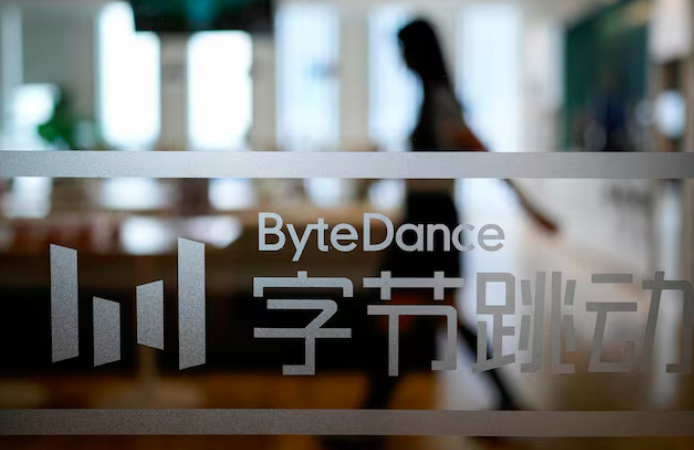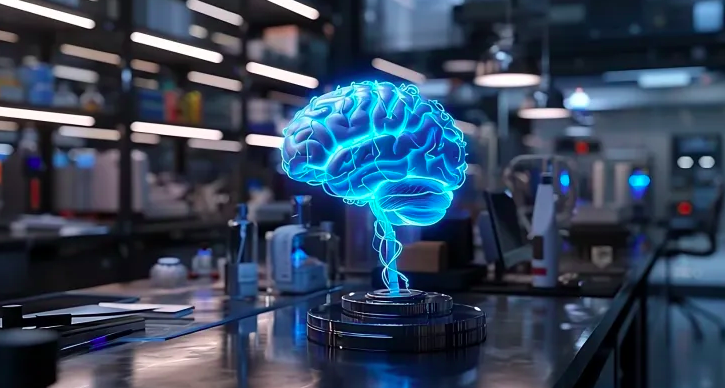ByteDance Sues Intern for $1.1 Million Over Alleged AI Sabotage
ByteDance, the parent company of TikTok, is suing former intern Tian Keyu for $1.1 million, claiming he intentionally attacked its artificial intelligence infrastructure. The company alleges Tian sabotaged its large language model training tasks by manipulating code and making unauthorized modifications. ByteDance filed the lawsuit in Beijing’s Haidian District People’s Court, drawing significant attention in China due to the growing global focus on AI technologies. The intern, who is reportedly a postgraduate student at Peking University, was dismissed by ByteDance in August after the alleged breach.

The lawsuit has sparked controversy due to the unusually high damages sought in a case involving an intern. While ByteDance dismissed rumors of millions in losses and damage to over 8,000 GPUs, the case highlights the intense competition in AI development and the growing importance of safeguarding AI systems. ByteDance has not commented further on the situation, and Tian has yet to respond publicly to the lawsuit.
Amazon Invests $4 Billion in Anthropic, Strengthening AI Partnership
Amazon has announced an additional $4 billion investment in Anthropic, a leading generative AI start-up, marking a total of $8 billion in funding over the past 14 months. This move underscores Amazon’s urgency to compete in the rapidly evolving AI sector, where companies like OpenAI and Google are also vying for dominance. Anthropic, known for developing AI models like Claude, has been praised for its pace of innovation and commitment to the responsible development of generative AI. This partnership not only deepens Amazon’s AI ties but also bolsters its cloud computing and semiconductor businesses.

Despite some investor concerns about the profitability of young AI companies, the funding inflow into Anthropic and other AI start-ups continues unabated. The investments are fueling the development of tools capable of transforming industries through humanlike text, images, and automation. However, U.S. regulators are increasingly scrutinizing the massive investments being poured into the AI sector by giants like Amazon, Microsoft, and Google, with some fearing the concentration of power in a few tech conglomerates.
Alibaba Unveils Marco-o1, an Advanced AI Model with Enhanced Reasoning Skills
Alibaba has introduced Marco-o1, a new large language model (LLM) designed to tackle complex, open-ended problems that traditional models often struggle with. Building on the success of OpenAI’s o1, Marco-o1 leverages advanced techniques like chain-of-thought (CoT) fine-tuning and Monte Carlo Tree Search (MCTS) to enhance its reasoning capabilities. These methods allow the model to explore multiple possible solutions and refine its conclusions, making it especially adept at handling tasks that lack clear, quantifiable answers, such as nuanced language translation and open-ended problem-solving. Marco-o1’s ability to rethink its responses and self-correct using a reflection mechanism also sets it apart from other AI models, improving its accuracy and adaptability.

The new model has shown significant improvements over its predecessor, Qwen2-7B, especially in tasks requiring deep reasoning and contextual understanding. In one test, Marco-o1 was able to translate a Chinese slang phrase with greater accuracy than traditional translation tools, demonstrating its potential in real-world applications. Marco-o1’s integration of reasoning strategies also positions it as a strong contender in the growing field of generative AI, where it joins other models like DeepSeek’s R1-Lite-Preview in pushing the boundaries of AI’s reasoning abilities. This release comes as AI labs globally race to develop models that can understand and solve complex, real-world challenges more effectively.
OpenAI Celebrates Its Second Anniversary: A Journey of Innovation and Impact
November 30, 2024 marks the second anniversary of OpenAI’s groundbreaking launch of ChatGPT, a moment that catalyzed a major shift in the artificial intelligence landscape. Since its debut in 2022, OpenAI has rapidly advanced its capabilities, evolving from a chatbot tool to a multi-faceted AI platform with revolutionary models like GPT-4, DALL·E 3, and Codex. These innovations have reshaped industries, from automating content creation to revolutionizing customer service, programming, and more, solidifying OpenAI as a leader in the generative AI space.

As OpenAI celebrates its second year, the company looks back at its tremendous growth and its ongoing mission to develop safe, reliable, and scalable AI technologies. The launch of the GPT-4 API, the expansion of mobile applications, and deepening partnerships with industry giants like Microsoft have positioned OpenAI at the forefront of AI’s transformative potential. As the journey continues, OpenAI remains focused on pushing the boundaries of AI, with new developments and advancements expected in the years ahead.
